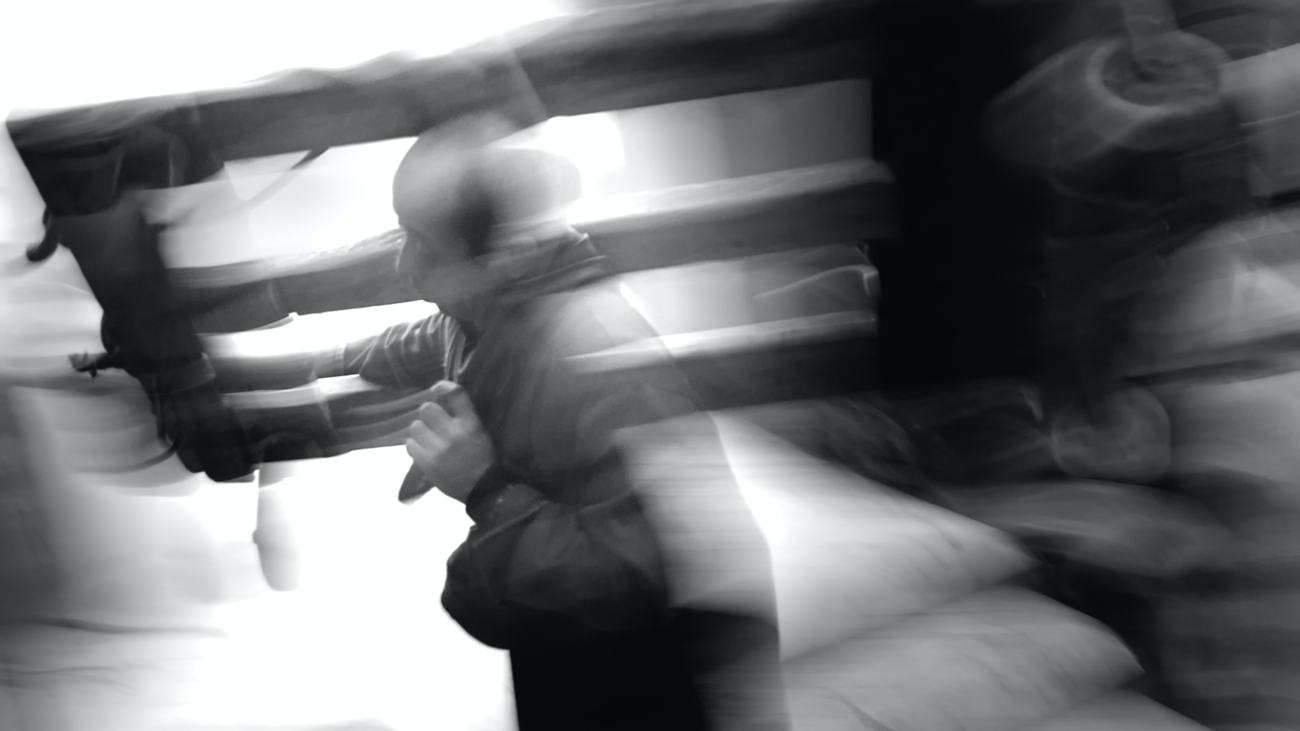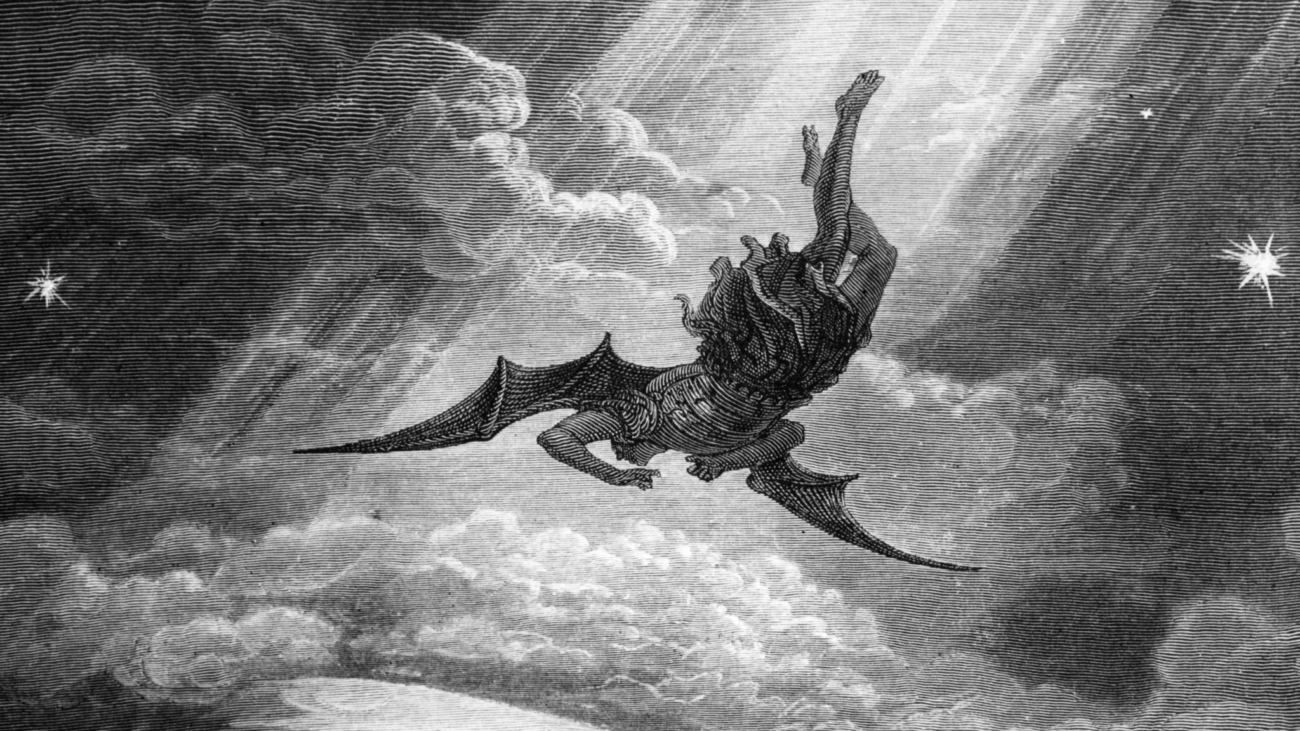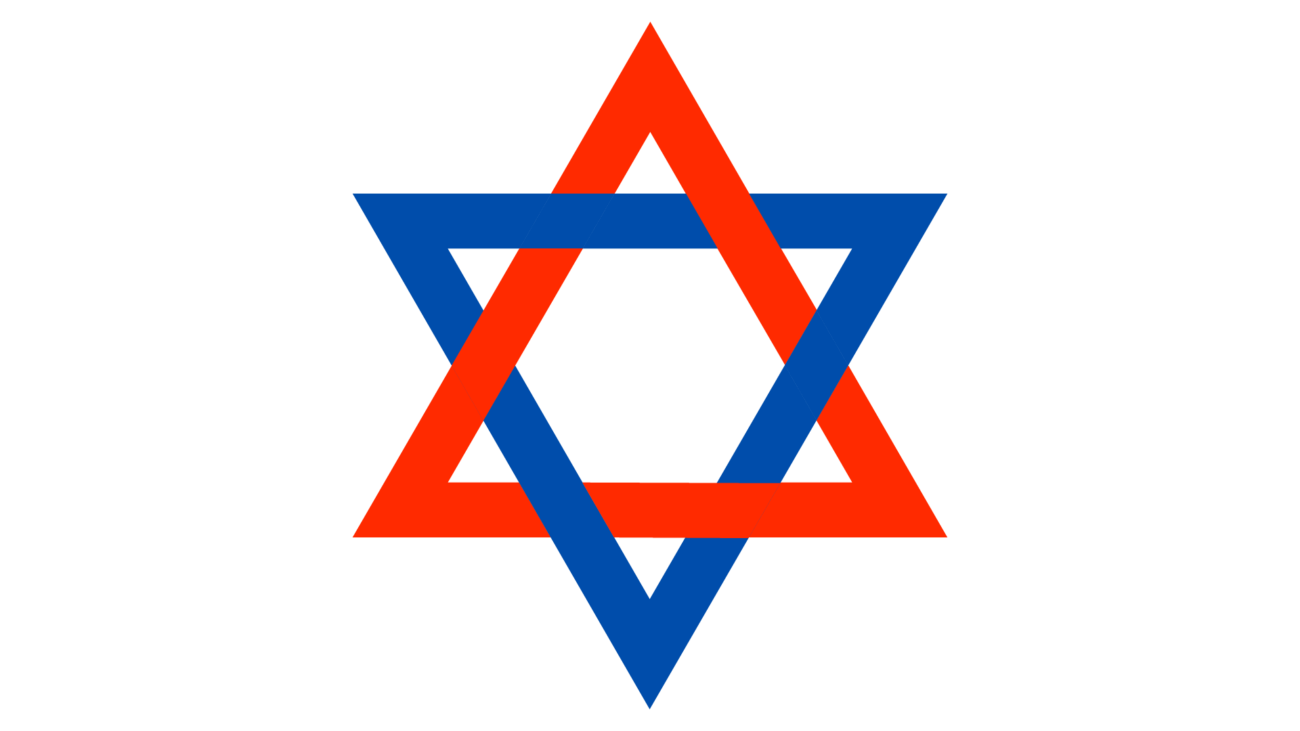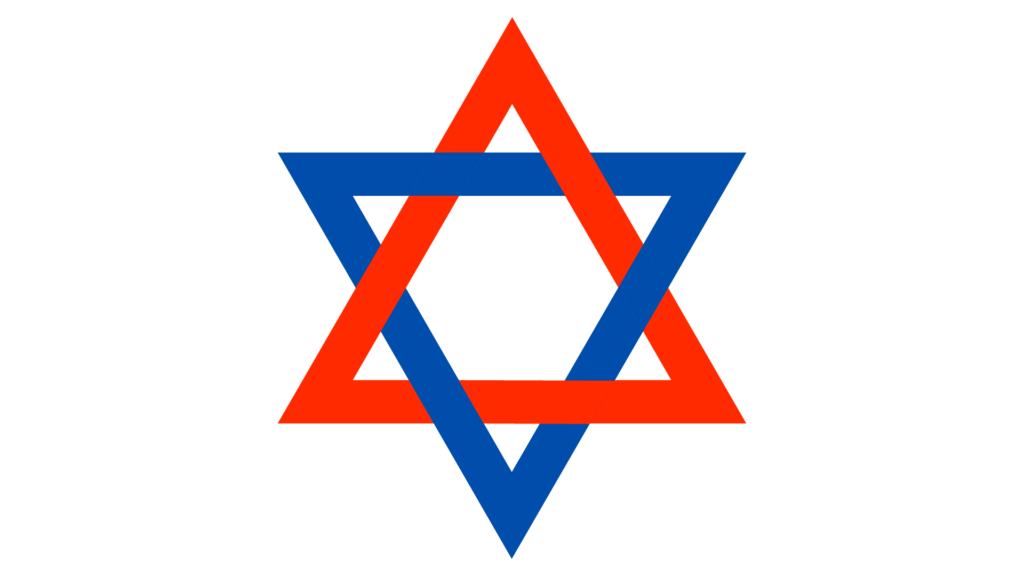This is what we mean in saying that the Trance of Sorrow is the motive of the Great Work.
—Little Essays Toward Truth, “Man”
Christianity started as an apocalyptic political movement. In all likelihood, Jesus of Nazareth thought he would march down to Jerusalem with his followers, and presumably after some kind of conflict be crowned king in fulfillment of prophecy. Instead he was unceremoniously crucified. His body was probably tossed in a ditch with other criminals.
That should have been the end of it. What could possibly count as better proof that your leader was not destined to be a mighty king than being executed and left to rot? But the human spirit doesn’t run on proof. The significance of the result was turned on its head, such that it became evidence of Jesus’ success rather than failure that he was executed.
With this the entire significance of Christianity changed. It was no longer simply about the confrontation between a single individual and temporal power. It became about the confrontation between the individual spirit and the structure of being itself—and about the relationship between God and the universe. Instead of being a story about fulfilling some parochial prophecy, it became about offering an answer to the tragic and malevolent character of life itself.
That answer, simply put, is to take up one’s cross. Rather than fleeing existence in order to escape the conditions of suffering, one is to courgeously move into life and to take up responsibility for suffering. On this account, Christianity is not about glorification of suffering. It’s about transcending despite suffering. One fully embraces life with an open heart, accepts what has to come as a result—sure as thunder follows lightning—but in the process maintains their integrity and never succumbs to bitterness or resentment and never once condemns being itself.
On this reading, Christianity is fundamentally a heroic, individualistic doctrine.
But the masses aren’t heroes.
Christianity turned saccharine and sentimental. It became about praying to Jesus and the Saints who accomplished the heroism for us already. So many Christians neither fully embrace life as the archetypal Christ did, not do they attempt to unbind from their relationship with it (as the Buddha did). Instead they exist where most humans have always existed: somewhere in the middle of nothing, neither here nor there nor anywhere.
As the goddess said to Parmenides, they are “undiscerning crowds, who hold that it is and is not the same and not the same, and all things travel in opposite directions.” As a result, they succumb to suffering, malevolence, and in many cases resentment of one form or another.
And this doesn’t just apply to Christians and Christianity. Life is made bearable through ignorance. The Buddha’s word for it was “Avijjā”. He regarded it as the first cause of dependent origination. When ignorance is finally relieved, it is not by bliss but rather by what he calls “Saṃvega” or the sense of shock that comes from realizing the extent to which tragedy and malevolence render life meaningless. This shock and anxiety provides the motivation for the embrace of the spiritual solution to life.
Of course to experience such shock today is considered a psychiatric abnormality—or worse, just simply the price to pay for “maturity”. Nor does contemporary spirituality offer any solutions. In fact if one spoke to a “spiritual” person while in such a state, they might be told that existence is in fact “pure joy,” and that they should try to focus on something more positive. It might be suggested they take pleasure in simple things, like a warm cup of tea, some social activism, or maybe volunteering somewhere. They would be told, “Try to enjoy life, but do not cling so much,” or some other thought-terminating cliché such as “Life is what you will it to be.”
Not only are these not solutions to the problem of existence, heroic or otherwise. They’re attempts to cover over the problem with more layers of delusion while professing to be solutions. These cannot even function as real answers because they don’t begin with the first question, and they can’t ask the first question, because they don’t begin with any real confrontation with suffering: a confrontation which offers neither the fantasy of escape nor the fantasy of “purification” but rather the opportunity to pick up and carry something heavy and thereby strengthen oneself.



